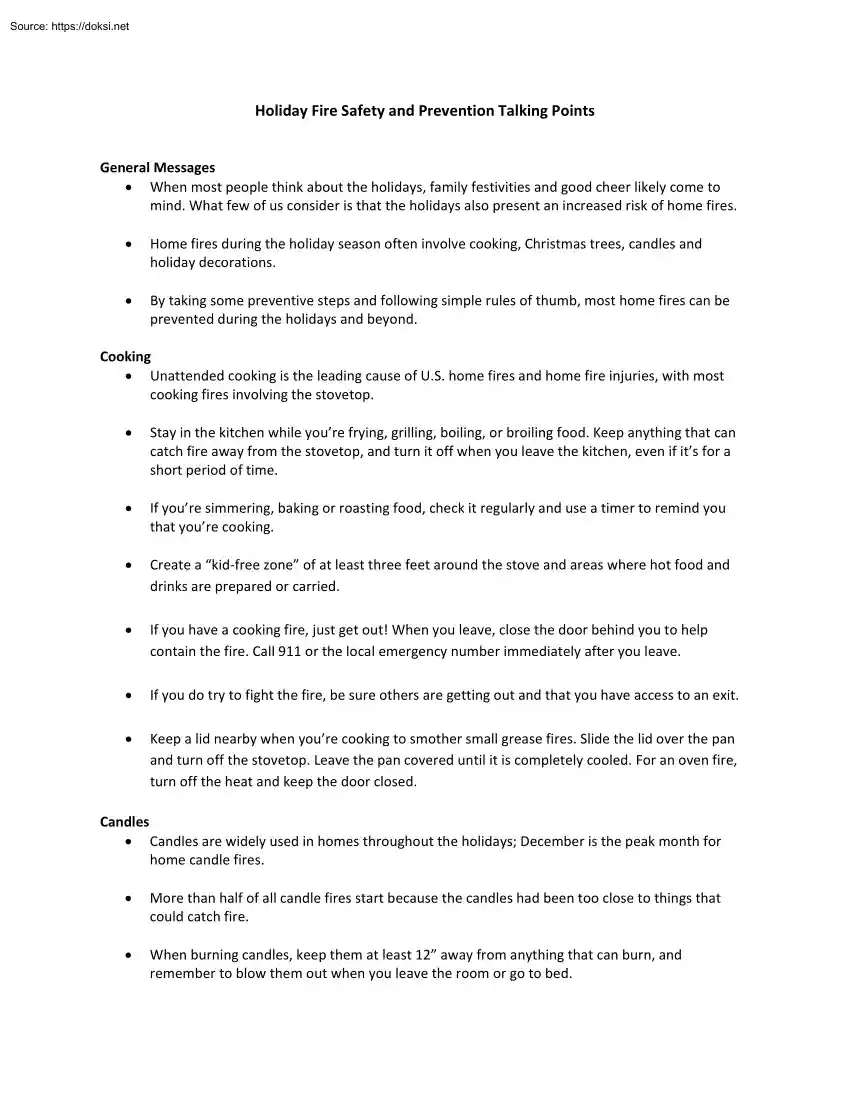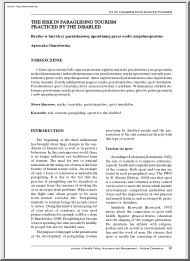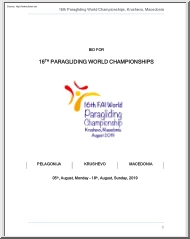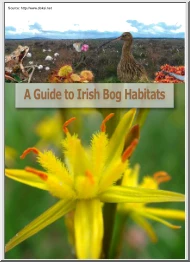A doksi online olvasásához kérlek jelentkezz be!

A doksi online olvasásához kérlek jelentkezz be!
Nincs még értékelés. Legyél Te az első!
Mit olvastak a többiek, ha ezzel végeztek?
Tartalmi kivonat
Holiday Fire Safety and Prevention Talking Points General Messages • When most people think about the holidays, family festivities and good cheer likely come to mind. What few of us consider is that the holidays also present an increased risk of home fires • Home fires during the holiday season often involve cooking, Christmas trees, candles and holiday decorations. • By taking some preventive steps and following simple rules of thumb, most home fires can be prevented during the holidays and beyond. Cooking • Unattended cooking is the leading cause of U.S home fires and home fire injuries, with most cooking fires involving the stovetop. • Stay in the kitchen while you’re frying, grilling, boiling, or broiling food. Keep anything that can catch fire away from the stovetop, and turn it off when you leave the kitchen, even if it’s for a short period of time. • If you’re simmering, baking or roasting food, check it regularly and use a timer to remind you that
you’re cooking. • Create a “kid-free zone” of at least three feet around the stove and areas where hot food and drinks are prepared or carried. • If you have a cooking fire, just get out! When you leave, close the door behind you to help contain the fire. Call 911 or the local emergency number immediately after you leave • If you do try to fight the fire, be sure others are getting out and that you have access to an exit. • Keep a lid nearby when you’re cooking to smother small grease fires. Slide the lid over the pan and turn off the stovetop. Leave the pan covered until it is completely cooled For an oven fire, turn off the heat and keep the door closed. Candles • Candles are widely used in homes throughout the holidays; December is the peak month for home candle fires. • More than half of all candle fires start because the candles had been too close to things that could catch fire. • When burning candles, keep them at least 12” away from anything
that can burn, and remember to blow them out when you leave the room or go to bed. • Use candle holders that are sturdy, won’t tip over and are placed on uncluttered surfaces. Avoid using candles in the bedroom, where more than one third of home candle fires begin, or other areas where people may fall asleep. • Never leave a child or pet alone in a room with a burning candle. • Consider using flameless candles, which look and smell like real candles. Christmas Trees • U.S fire departments annually respond to an average of 210 home structure fires caused by Christmas trees per year. Three of every ten are caused by electrical problems, and one in four result from a heat source that’s too close to the tree. • If you have an artificial tree, be sure it’s labeled, certified or identified by the manufacturer as fire-retardant. If you choose a fresh tree, make sure the green needles don’t fall off when touched; before placing it in the stand, cut 2” from the
base of the trunk. Add water to the tree stand, and be sure to water it daily. • Make sure your tree is not blocking an exit, and is at least three feet away from any heat source, like fireplaces, space heaters, radiators, candles and heat vents or lights. • Use lights that have the label of a recognized testing laboratory, and make sure you know whether they are designed for indoor or outdoor use. Replace any string of lights with worn or broken cords, or loose bulb connections. Read manufacturer’s instructions for number of light strands to connect. • Never use lit candles to decorate the tree. • Always turn off Christmas tree lights before leaving the home or going to bed. • After Christmas, get rid of the tree. Dried-out trees are a fire hazard and should not be left in the home or garage, or placed outside the home. • Bring outdoor electrical lights inside after the holidays to prevent hazards and make them last longer. Visit www.nfpaorg/holiday for more
information and safety tips
you’re cooking. • Create a “kid-free zone” of at least three feet around the stove and areas where hot food and drinks are prepared or carried. • If you have a cooking fire, just get out! When you leave, close the door behind you to help contain the fire. Call 911 or the local emergency number immediately after you leave • If you do try to fight the fire, be sure others are getting out and that you have access to an exit. • Keep a lid nearby when you’re cooking to smother small grease fires. Slide the lid over the pan and turn off the stovetop. Leave the pan covered until it is completely cooled For an oven fire, turn off the heat and keep the door closed. Candles • Candles are widely used in homes throughout the holidays; December is the peak month for home candle fires. • More than half of all candle fires start because the candles had been too close to things that could catch fire. • When burning candles, keep them at least 12” away from anything
that can burn, and remember to blow them out when you leave the room or go to bed. • Use candle holders that are sturdy, won’t tip over and are placed on uncluttered surfaces. Avoid using candles in the bedroom, where more than one third of home candle fires begin, or other areas where people may fall asleep. • Never leave a child or pet alone in a room with a burning candle. • Consider using flameless candles, which look and smell like real candles. Christmas Trees • U.S fire departments annually respond to an average of 210 home structure fires caused by Christmas trees per year. Three of every ten are caused by electrical problems, and one in four result from a heat source that’s too close to the tree. • If you have an artificial tree, be sure it’s labeled, certified or identified by the manufacturer as fire-retardant. If you choose a fresh tree, make sure the green needles don’t fall off when touched; before placing it in the stand, cut 2” from the
base of the trunk. Add water to the tree stand, and be sure to water it daily. • Make sure your tree is not blocking an exit, and is at least three feet away from any heat source, like fireplaces, space heaters, radiators, candles and heat vents or lights. • Use lights that have the label of a recognized testing laboratory, and make sure you know whether they are designed for indoor or outdoor use. Replace any string of lights with worn or broken cords, or loose bulb connections. Read manufacturer’s instructions for number of light strands to connect. • Never use lit candles to decorate the tree. • Always turn off Christmas tree lights before leaving the home or going to bed. • After Christmas, get rid of the tree. Dried-out trees are a fire hazard and should not be left in the home or garage, or placed outside the home. • Bring outdoor electrical lights inside after the holidays to prevent hazards and make them last longer. Visit www.nfpaorg/holiday for more
information and safety tips




 Ahogy közeledik a történelem érettségi, sokan döbbennek rá, hogy nem készültek fel eléggé az esszéírás feladatra. Módszertani útmutatónkban kitérünk a történet térbeli és időbeli elhelyezésére, a források elemzésére és az eseményeket alakító tényezőkre is.
Ahogy közeledik a történelem érettségi, sokan döbbennek rá, hogy nem készültek fel eléggé az esszéírás feladatra. Módszertani útmutatónkban kitérünk a történet térbeli és időbeli elhelyezésére, a források elemzésére és az eseményeket alakító tényezőkre is.